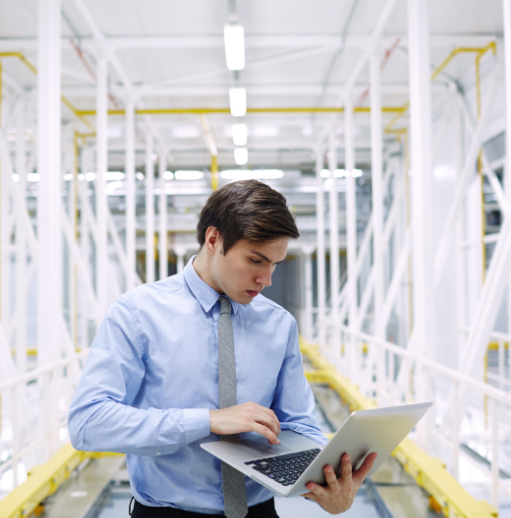In episode 322, host Mike Petrusky speaks with Sean Tolram, Mindfulness Programme Manager at HSBC and founder of My Trained Mind. The two talk about mindfulness and why Tolram believes the modern workplace needs to focus on humanity to create thriving organizations. Tolram talks about how stress in the workplace can lead to mistakes and decreased productivity. He then offers practical examples of how mindfulness can help organizations build stress resilience in their teams. They also look at change management strategies, including how to help your brain perceive change in new ways.
Agenda
- Importance of bringing humanity into the workplace
- Role of mindfulness in the modern work environment
- Ways that understanding the brain improves productivity
What you need to know: Workplace takeaways
Takeaway 1: The future of workplaces must consider humanity
The future of businesses relies on incorporating the human element into the workplace. Rather than treating employees as resources, addressing them as human beings with individual needs and emotions is a crucial step toward a successful future. This involves reassessing current practices and adapting them to meet the needs of a modern workforce.
“To create organizations of the future, it’s essential to bring humanity to the workplace,” Tolram explains.
And he further suggests that employees shouldn’t be expected to leave their emotions at the door, nor should productivity be judged based on how long someone has spent on their laptop or how long their mouse has been moving.
In fact, businesses need to move away from outdated practices from the industrial age and towards creating a workplace that’s fit for humans in the modern world. “We need to think about the new world of work and how humans fit into that.”
Takeaway 2: Mindfulness in the workplace improves productivity and well-being
By teaching employees mindfulness techniques, companies can help employees manage their stress levels more effectively, and error rates can significantly decrease. These practices also give employees the autonomy to take a break, regroup, and return to their tasks refreshed and focused.
Tolram shares his own experiences at HSBC, where the implementation of mindfulness principles led to a 50% decrease in error rates on their websites.
“So, I started implementing principles of mindfulness, teaching them about how to manage their stress and energy levels, giving them the autonomy so that they could step back and take a break, take a breath,” he explains.
Employees are not the only ones who benefit.
“There’s a personal benefit in terms of health and wellbeing. There’s a performance benefit for people, but also there’s an improvement to the bottom line by following this approach,” he shares.
Takeaway 3: Understanding the human brain can enhance workplace performance
A greater understanding of the human brain and its reactions to stress can greatly enhance workplace performance and overall employee well-being. Being aware of what’s going on in one’s mind allows for conscious decisions to be made regarding one’s work, moving away from a state of autopilot and into a state of informed decision-making.
“Mindfulness gives you the awareness of what’s going on so that you can make a conscious decision about what you do,” says Tolram. This insight is critical when you consider that “change from the brain’s perspective, change is dangerous. It’s life threatening.”
So, Tolram suggests that considering the human impact and thinking about how to create a workplace that’s fit for humans in the modern world is the most important thing when managing change.
Workplace management insights
- The modern workplace needs to consider employees as human beings rather than resources.
- The concept of mindfulness can help people manage stress and improve performance.
- Change can be perceived as a threat by the human brain, making change management a challenge in organizations. But people can change their minds.
- Understanding the human brain can help in creating a workplace that’s fit for humans in the modern world.
Do a deep dive into more workplace insights by exploring all Workplace Innovator podcast episodes





